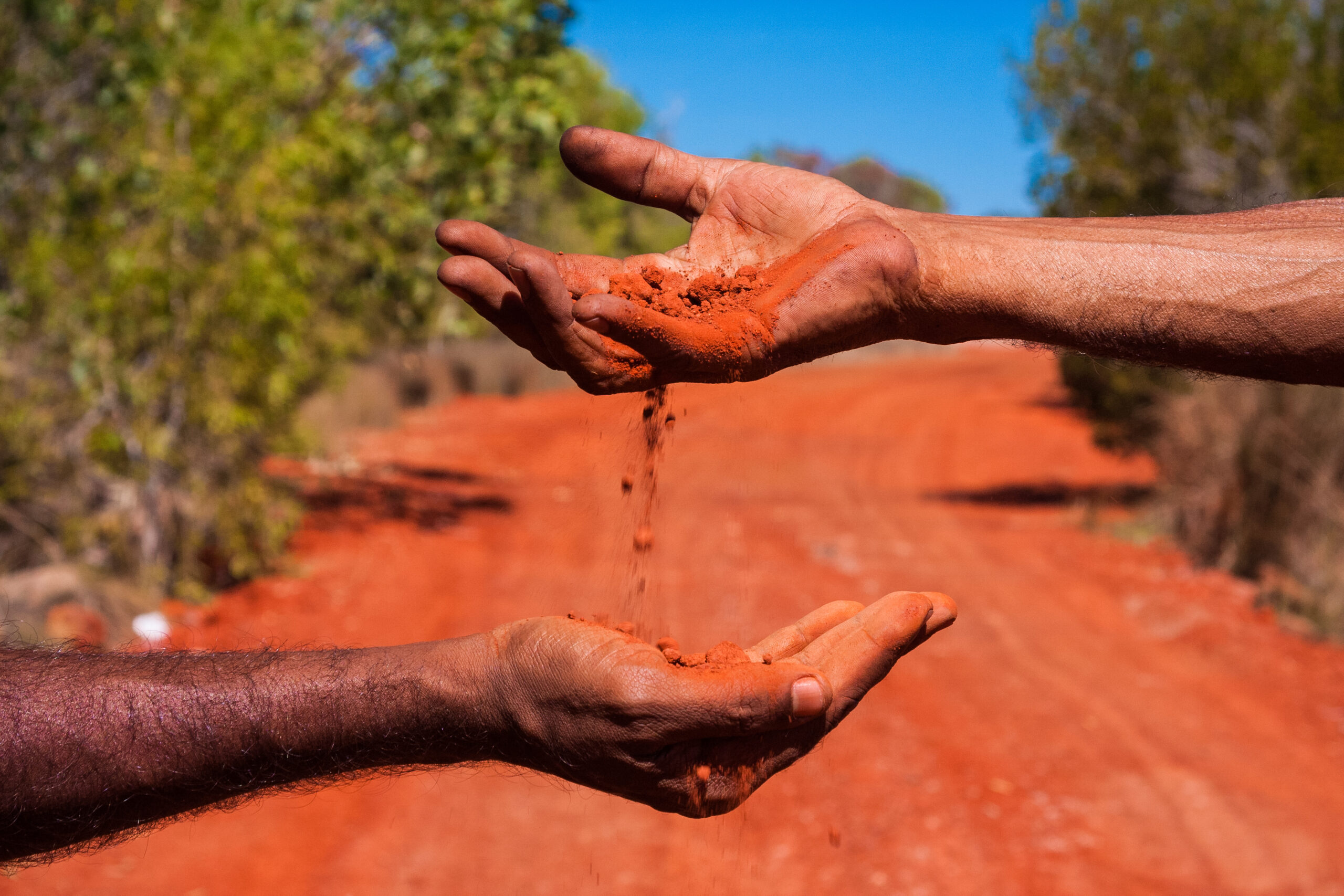This week, InSight+ spoke to prominent Australian, Professor Fiona Stanley, about her views on how to improve the health and wellbeing of Indigenous Australians.
Professor Fiona Stanley AC is an epidemiologist and one of Australia’s most prominent health advocates.
Professor Stanley has been awarded the Centenary Medal, was named Australian of the Year in 2003, is a Companion of the Order of Australia, and has more than ten honorary doctorates in Australia and abroad for her research into child and maternal health.
She was also the first to identify the Gap in First Nations health and wellbeing using data.
“This is what’s has driven me in 50 years of research,” said Professor Stanley. “And I now have this wonderful information about why the [Indigenous Voice [to Parliament] will make a difference.”
Professor Stanley said that she has seen Aboriginal community controlled health systems produce good outcomes for First Nations’ health, while she said programs without Aboriginal and Torres Strait Islander control do not close the gap.
“There are two main reasons that we have failed to close the gap,” Professor Stanley said.
“The first is that successive governments have poured money into non-Indigenous bureaucratic programs without consultation, which at best haven’t had any impact, and at worst had a major negative impact.
“The second is the underfunding and defunding of the Aboriginal controlled services and organisations.”
“And yet, when Aboriginal communities are called on to do the job, they do it better than anyone in the world,” she said, referring to the Aboriginal Community Controlled coronavirus disease 2019 (COVID-19) response, which was internationally recognised as global best practice (here).
Research has shown that the key to the success of the First Nations’ response to COVID-19 was self-determination, funding, and Aboriginal leadership.
“How [the] COVID-19 [pandemic] was managed is a model for how [the Voice to Parliament] will work. And that’s why I’m very excited about the Voice,” she said.
“The best example [of a program that did not work properly] is the Northern Territory intervention,” said Professor Stanley.
“This was supposed to save children from child sexual abuse after the ‘Little Children are Sacred’ report.
“But every year after the intervention, child sexual abuse went up in the NT, and that was clearly shown by data in many NT reports.”
Other health outcomes also became worse after the intervention (reports here and here), she said.
“If you had even consulted with Aboriginal people, nothing like that would have been implemented.
“One of the things that the ‘No’ people are saying about the Voice is, ‘The [National Indigenous Australians Agency (NIAA)] has this huge budget’, but it’s not spent in a way that is of benefit to the community. They have not given Aboriginal people a voice.”
She has also seen successful First Nations-led health programs defunded.
“The worst example of defunding was when [successive governments] defunded 75 Aboriginal community controlled child and family centres in 2015, around the nation,” Professor Stanley said.
“These were outstanding centres. They weren’t just childcare, it was language, culture, health services, jobs for the women, domestic violence support etc,” she said. “With those centres we had seen a closing of the gap in Year 12 outcomes as a result.”
Professor Stanley said the best evidence that a Voice will work is backed by international data.
“Every single colonised indigenous group in the world has this range of outcomes that are poor,” said Professor Stanley. “They have not had a voice that was powerful enough to influence the policies and services provided to them.”
“So, voting Yes on the Voice is the most cost-effective thing we can do. But it will also have the extraordinary impact of increasing First Nations self-esteem,” Professor Stanley said.
“I can give you all the evidence. But it’s from the heart, as well as from the head.”
Subscribe to the free InSight+ weekly newsletter here. It is available to all readers, not just registered medical practitioners.

 more_vert
more_vert